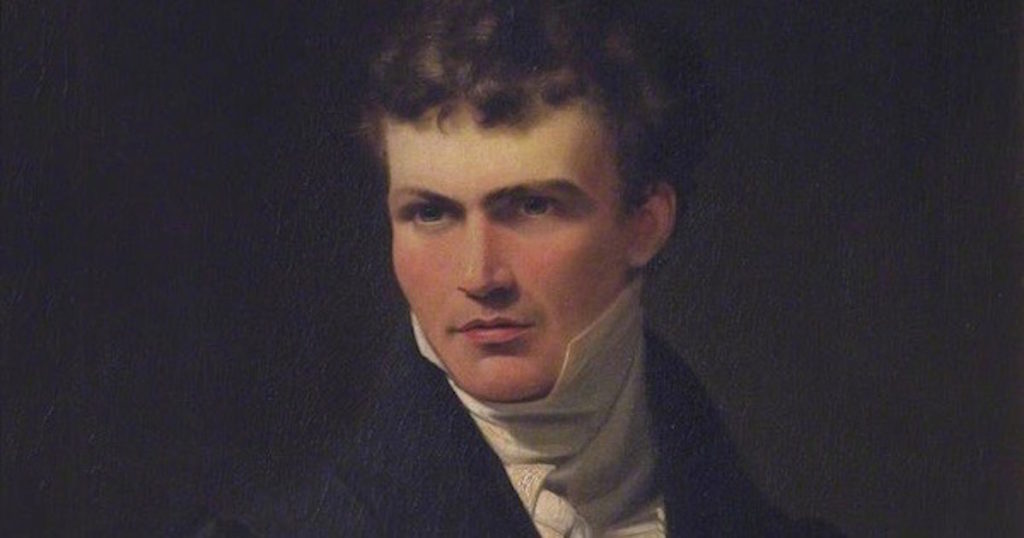 Evolution
Evolution
 Intelligent Design
Intelligent Design
William Whewell: Statesman of Science

Are there natural limits to biological change? Is the evidence for design in nature well founded? On a new episode of ID the Future, concludes a conversation with historian of science Michael Keas about Christianity’s influence on the development of modern scientific inquiry.
Keas discusses the legacy of pioneering 19th century philosopher of science William Whewell. Considered the greatest methodologist of science during his lifetime, Whewell helped other scientists think through the implications of their work and was highly regarded by his contemporaries, including Charles Darwin. Keas contrasts Whewell’s perspective of the evidence for design with that of Darwin and discusses the importance of embracing a healthy form of methodological naturalism and methodological pluralism in scientific inquiry.
Whewell “is a great example of an earlier leading figure in science doing something that today, the majority of scientists would not look too kindly on and maybe would even try to ostracize as being anti-science,” says Keas. Whewell demonstrated methodological pluralism, a view of scientific inquiry that allows for both intelligent and unintelligent causes and a plurality of causal agents, as long as the evidence supports it. Keas argues that we can adopt the same approach today.
Download the podcast or listen to it here. This is Part 2 of a two-part conversation. Listen to Part 1.
Dig Deeper
- Read the essay that inspired this conversation: “Christianity Cultivated Science With and Without Methodological Naturalism.”
- Read Dr. Keas’s book Unbelievable: 7 Myths About the History and Future of Science and Religion.
